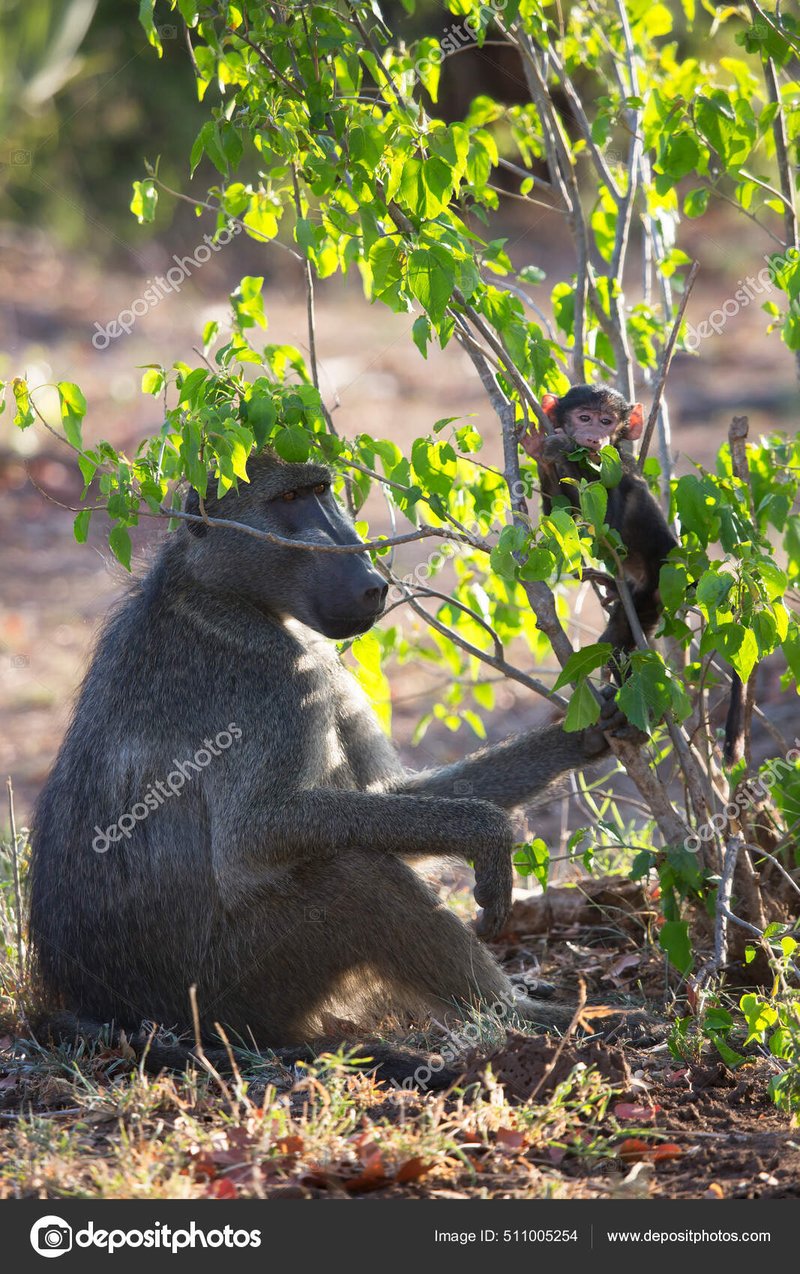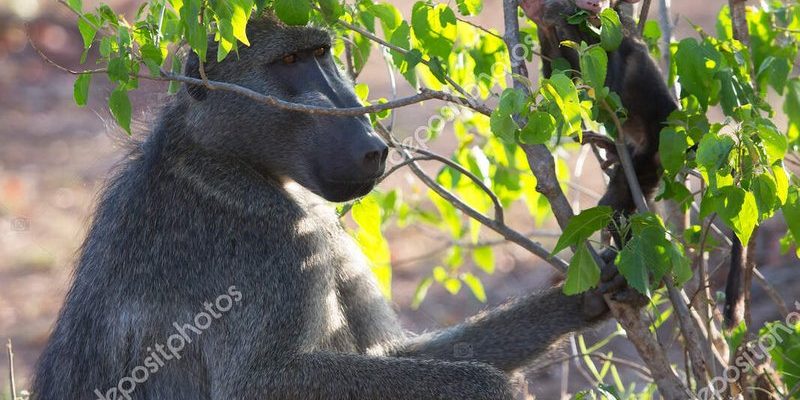
Baboons are fascinating creatures, known for their intelligence and complex social structures. They live in troops and are often seen foraging for food. Though they might look cute and cuddly like a character from your favorite animated film, they can be quite territorial and assertive when threatened. So, let’s chat about what you should do if you cross paths with one of these wild animals.
Understanding Baboon Behavior
Before diving into what action to take during an encounter, it’s crucial to understand baboon behavior. These animals are generally very social and can be seen playing, grooming, or eating together in their troops. However, their natural instincts can lead to aggressive behavior, especially if they feel threatened or cornered.
You might be wondering why it’s so important to understand this. Recognizing their behavior can help you interpret their actions. For example, if a baboon is showing its teeth or making loud vocalizations, it might be a sign that it’s feeling defensive. On the other hand, a relaxed baboon will likely be more concerned about its family than about you.
By paying attention to their body language, you can gauge whether the situation is safe or if it requires caution. So remember, staying aware of their mood can guide your next steps.
Stay Calm and Assess the Situation
If you find yourself face to face with a baboon, the first thing to do is stay calm. I know, easier said than done! But panicking can make things worse. Take a deep breath and assess what’s happening.
Look around to see if the baboon is alone or part of a troop. If it’s just one baboon, you might have a bit more leeway than if you spot several of them. Baboons are more protective of their young and often act aggressively if they feel their troop is in danger. Pay attention to the baboon’s body language. If it seems relaxed and isn’t approaching you, it’s best to maintain a safe distance.
On the flip side, if it starts approaching or acting aggressively, it’s time to shift gears. It can be handy to remember that you’re in *their* territory, and they will react based on their instinct.
Keep Your Distance
Once you’ve evaluated the situation, the next step is to maintain a safe distance from the baboon. This is crucial! Baboons can be unpredictable, and getting too close can prompt a confrontation.
If you’re hiking or observing from a viewpoint, stand still and back away slowly without turning your back on the baboon. Move cautiously and quietly. Loud noises or sudden movements might startle the baboon and lead it to perceive you as a threat.
It’s also worth noting that keeping your belongings secure is important. Baboons are known for their curiosity and might take an interest in your backpack or snacks. So, it’s a good practice to secure your items in a way that makes them less accessible. If you’re carrying food, either consume it or store it in a zipped pouch.
Don’t Make Eye Contact
You might not realize it, but direct eye contact can be seen as a challenge among animals, including baboons. It’s like staring down a dog; it might provoke a defensive reaction. Instead of locking eyes with the baboon, focus on the area around it while keeping it in your peripheral vision.
By avoiding direct eye contact, you signal to the baboon that you’re not a threat. This approach can help defuse tension. Remember, you want to be a passive observer rather than an active participant in a confrontation.
If a baboon does decide to watch you closely, simply remain calm. Baboons are more interested in understanding what’s going on than in attacking a human for no reason.
Back Away Slowly
If the situation begins to feel tense, it’s time to back away. But don’t make any sudden movements. Slow and steady is the name of the game here. As you back away, continue to observe the baboon and the surrounding area.
While retracing your steps, remember to be aware of your surroundings. You don’t want to trip over a rock or step into a thorn bush while trying to remain calm. The idea is to create distance, not to put yourself in danger while doing so.
Once you feel you are a safe distance away, continue to monitor the baboon for a few moments. If it seems to return to its natural behavior, it’s time to quietly leave the area.
When to Seek Help
Sometimes, despite your best efforts, a situation can escalate. If a baboon seems overly aggressive or you feel that your safety is at risk, don’t hesitate to seek help. Look for park rangers or local authorities who can intervene.
It’s always better to be safe than sorry. If you are in a designated wildlife area, there should be resources available for handling wildlife encounters. Most parks have guidelines and staff that can assist if needed.
If you’re with a group, inform others about the baboon and make sure everyone is on the same page about how to proceed. Group safety is important, so establishing a plan of action can help keep everyone safe.
Educate Yourself and Others
Lastly, education is your best defense against unwanted wildlife encounters. Spend a little time learning about local wildlife, including baboons. Knowing their habits, behaviors, and habitats can prepare you better for a safe and enjoyable experience in nature.
Share what you learn with others, too! This not only helps you but also contributes to the safety of fellow wildlife enthusiasts. The more people understand how to act in the presence of baboons, the fewer incidents will occur.
Consider keeping a wildlife guidebook handy or downloading a nature app to help identify various animals and learn about their behavior. Trust me, it can deepen your appreciation for nature and its inhabitants.
Encountering a baboon in the wild can be an exhilarating and memorable experience. By remaining calm, understanding their behavior, and knowing how to act, you can ensure a safe interaction. Remember to keep your distance, avoid direct eye contact, and back away slowly if needed.
Educating yourself about wildlife can enhance your adventures and make you a better informed and more respectful visitor in nature. So next time you’re out in the wild, you can feel confident and prepared. Nature is beautiful and unpredictable, and with a little knowledge, you can enjoy it while staying safe.

